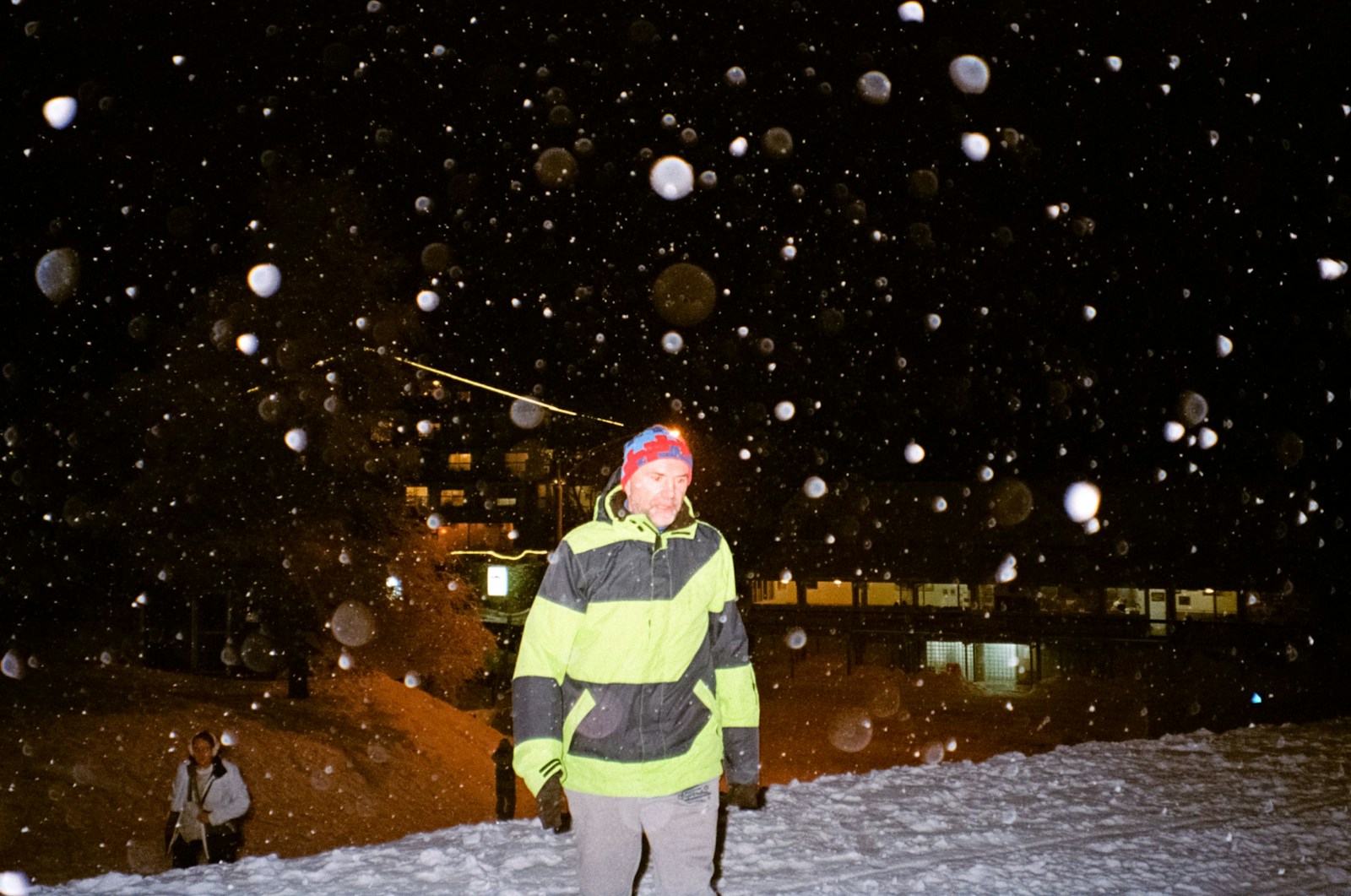
copos de nieve

snowflakes
The term 'copos de nieve' in Spanish is used similarly to 'snowflakes' in English. It typically refers to the small, soft, white bits of snow that fall from the sky during a snowstorm. It's a neutral term, used in a variety of contexts, from weather reports to literature and poetry. In Spain and other Spanish-speaking countries that experience snow, 'copos de nieve' might also be used in idiomatic expressions and proverbs.
Example sentences using: copos de nieve
Los copos de nieve comienzan a caer del cielo.

Snowflakes begin to fall from the sky.
This phrase describes the start of snowfall, where individual snowflakes, denoted by 'copos de nieve', drop from the sky.
Cada uno de los copos de nieve es único.

Each snowflake is unique.
This phrase describes the uniqueness of each snowflake, or 'copo de nieve', as each one has a unique design.
Los niños estaban emocionados de ver los copos de nieve caer.

The children were excited to see the snowflakes fall.
This phrase is implying that children are generally excited to see snow falling, which is denoted by 'copos de nieve'.
Hoy vi unos copos de nieve tan grandes como canicas.

Today I saw snowflakes as large as marbles.
This phrase is comparing the size of the snowflakes, 'copos de nieve', to the size of marbles, which implies they were very big.
El suelo estaba cubierto de copos de nieve blancos.

The ground was covered with white snowflakes.
This phrase describes a common sight during winter where the ground is covered with white snowflakes, 'copos de nieve'.
Atrapé un copo de nieve en mi lengua.

I caught a snowflake on my tongue.
This phrase describes a common winter game in which one tries to catch falling snowflakes, 'copos de nieve', with their tongue.
Las ventanas estaban adornadas con copos de nieve de papel.

The windows were adorned with paper snowflakes.
This phrase says that the windows were decorated with paper cut-outs that resemble snowflakes, which is a common holiday decoration.
Ningún copo de nieve en el lugar equivocado.

No snowflake in the wrong place.
This phrase suggests that everything is as it should be, with the 'copos de nieve' symbolising elements of a situation or event.
Había un copo de nieve en sus pestañas.

There was a snowflake on her eyelashes.
This phrase creates an image of a single snowflake, or 'copo de nieve', having landed on a person's eyelashes, a reference that often implies a close observation or a delicate moment.
Los copos de nieve no paran de caer esta noche.

The snowflakes are not stopping falling tonight.
This phrase indicates that it is snowing continuously, with 'copos de nieve' referring to the snowflakes that continue to fall.